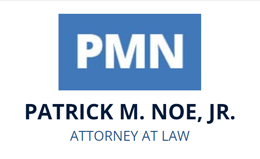Parental alienation: Signs and solutions
Dividing time with your children can be one of the most painful parts of a divorce. One issue you might worry about is what the other parent is telling your child about you. Too often, bitter feelings between exes negatively impact what parents say to their children.
In some cases, an especially angry parent may attempt to turn a child against the other parent unfairly. This is parental alienation, and it is crucial to know what the signs are and how you can address it before it causes irreparable damage to your relationship with your child.
Signs of parental alienation
Parental alienation behaviors include:
-
- Falsely telling a child the alienated parent does not want to see them
- Making false accusations of abuse or violence
- Keeping a child from seeing or communicating with the alienated parent
- Withholding information from the alienated parent to make a child distrust a parent (e.g., failing to tell the other parent about schedule changes, so he or she misses an event)
- Constantly criticizing the alienated parent in front of a child
- Blaming marital problems and divorce on the alienated parent unjustly
- Having a child keep secrets from the alienated parent
We should note that simply saying bad things about the other parent or making occasional remarks typically will not rise to the level of parental alienation.
However, when these behaviors become so aggressive and pervasive that they poison a child’s relationship with the other parent without cause, the alienated parent can take action.
What an alienated parent can do
If you suspect your ex of trying to turn your child against you, take the situation seriously. Start keeping notes and records of instances where the other parent willfully interfered with or attempted to damage your relationship with your child.
It can also be wise to consult an attorney right away. The chances are good that a parent behaving this way will not respond to polite requests to stop. With legal representation, you can file motions in court and seek to modify custody orders to protect your rights.
There is much at stake in these cases, from parental rights to the relationship with your child. Thus, it is critical to take these matters seriously and seek resolutions as quickly as possible.

